Compensatory Contribution of
Linguistic and Social Factors
for Early Language Acquisition:
Cross Linguistic Study Between
European and Asian Languages
Event
-
 Symposium
Symposium
Mini-symposium on paths to word meaning #5
"The symmetry contingency bias: A uniquely human cognitive bias that makes language-learning possible"Date
Available for a week after the seminar.Venue Zoom Webinar Admission Free Language English Speakers Mutsumi Imai (Keio University) Commentators Kathryn Hirsh-Pasek (Temple University)
Roberta Golinkoff (University of Delaware)Host Reiko Mazuka (RIKEN CBS) Abstract PDF(2.77MB)
Introduction
To explore the mechanisms underlying infant language acquisition through the comparison among 6 Asian and European languages

How do infants learn to acquire the language(s) spoken by adults around them?
Languages around the world vary in terms of syntactic rules including word order, lexical properties, vowel and consonant inventories, and prosody. Despite being born in different language environments, infants eventually learn to speak their native language during the first few years of life.
Our project explores how this natural process of language acquisition occurs.
Principal Investigator
Language Development Subgroup of Laboratory for Molecular Mechanism of Brain Development
RIKEN Center for Brain Science
Reiko Mazuka
Project
For a long time, Indo-European languages including English and French have been the focus of language research. However, Asian languages including Japanese, Korean, Mandarin Chinese, and Thai differ from those Indo-European languages in terms of linguisticproperties such as their syntactic and phonological systems. With regards to the language environment, there could also be cultural differences in the way how caregivers interact with their infants.
| Region | Language | Word order | Clause boundary | Adjective | Rhythm | Lexical prosody |
|---|---|---|---|---|---|---|
| East Asia | Japanese | SOV | Postposing | Before nouns | Mora-timed | Pitch accent |
| Korean | SOV | Postposing | Before nouns | Syllable-timed? | None | |
| Southeast Asia | Mandarin Chinese | SVO | Postposing | Before nouns | Syllable-timed? | 4 tones |
| Thai | SVO | Postposing | After nouns | Syllable-timed? | 5 tones | |
| North America | English | SVO | Preposing | Before nouns | Stress-timed | Stress |
| Europe | French | SVO | Preposing | After nouns | Syllable-timed | None |
Major directions

Cross-language difference in speech development
Using behavorial experiments to explore infants’ speech development between languages

Cross-cultural difference in communication style
Using behavioral and recording experiments to explore differences in mother-infant communication between cultures

What are infants paying attention to
Using behavioral and eye-tracking experiments to explore what properties of mother-child communication capture infants’ attention
Research Team
Locations of the joint research labs
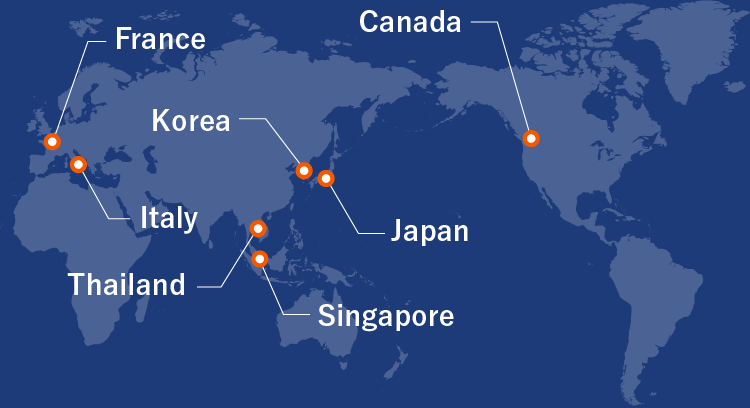
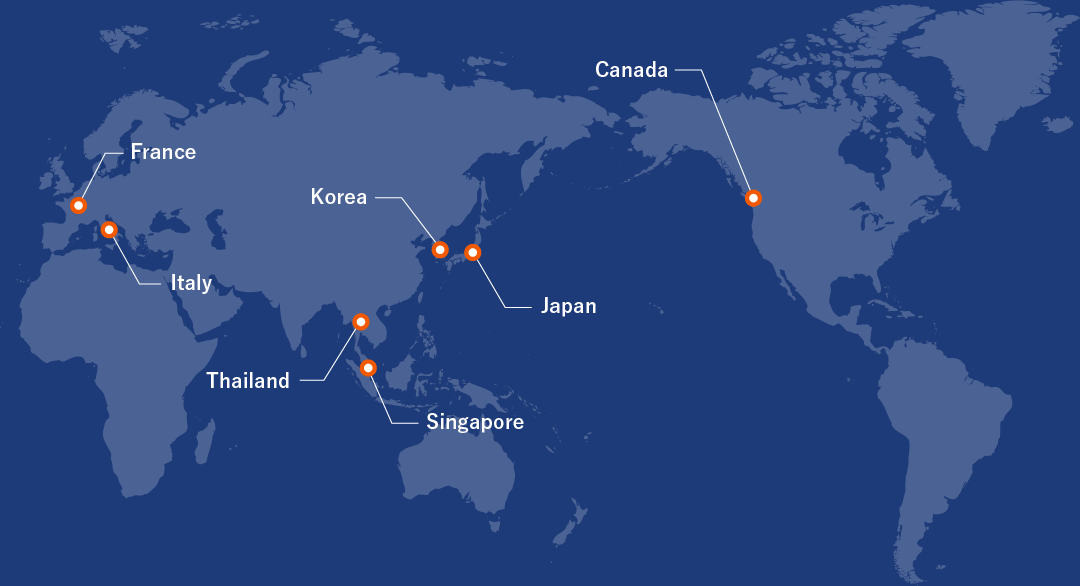
International research collaborators
- Youngon Choi (Chung-Ang University, Korea)
- Alejandrina Cristia (ENS, France)
- Judit Gervain (University of Padova, Italy)
- Thierry Nazzi (INCC, France)
- Chutamanee Onsuwan (Thammasat University, Thailand)
- Leher Singh (National University of Singapore, Singapore)
- Henny Yeung (Simon Fraser University, Canada)
Japan research team
- Reiko Mazuka / Language Development Subgroup (RIKEN CBS)
- Sho Tsuji (IRCN, The University of Tokyo)
- Haruo Kubozono, Hanae Koiso (NINJAL)
- Akihiro Tanaka(Tokyo Woman's Christian University)
- Hisashi Ishihara, *Minoru Asada, *Yuuichirou Yoshikawa(Osaka Universtiy)
- Akira Utsugi (Nagoya University)
- Hiromu Sakai (Waseda University)
- Shigeto Kawahara (Keio University)
(*Research collaborators)
News
-
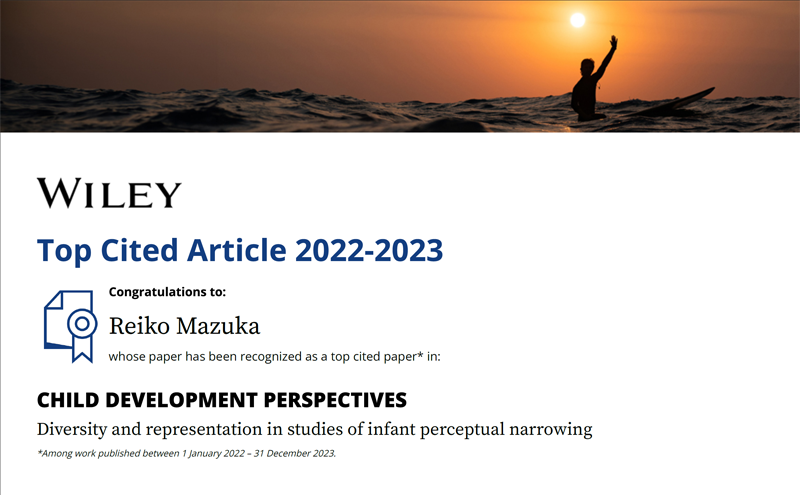
A paper co-authored by project leader Reiko Mazuka and co-researcher Leher Singh was among the top 10 most cited papers of the year for 22-23.
Learn more -
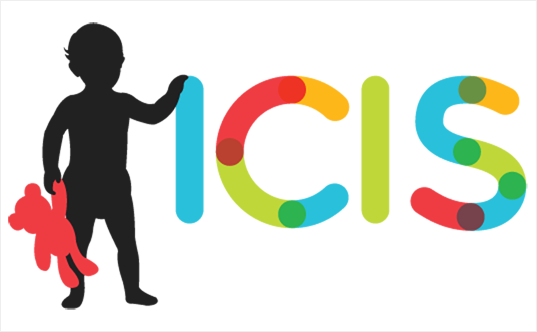
Project Leader Reiko Mazuka will give an invited lecture at the International Congress of Infant Studies(ICIS). Glasgow, Scotland. July 8-11, 2024
Learn more -
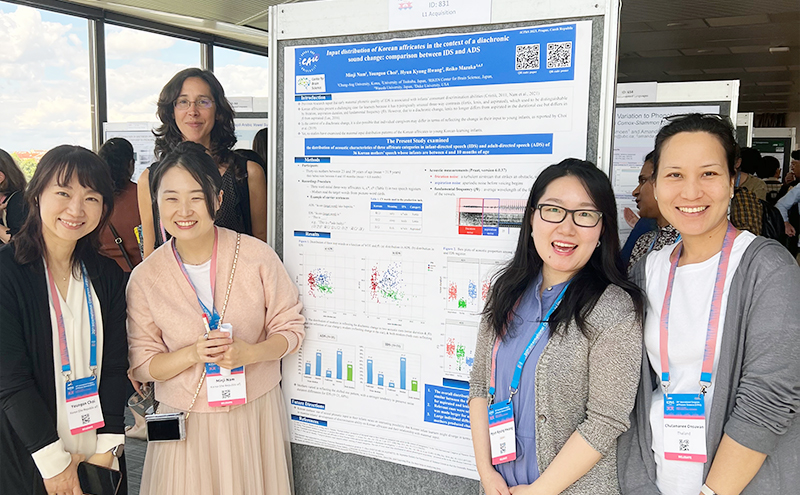
JEWEL Project members and Project reader Reiko Mazuka presented a poster at International Congress of Phonetic Sciences (ICPhS)
Learn more -
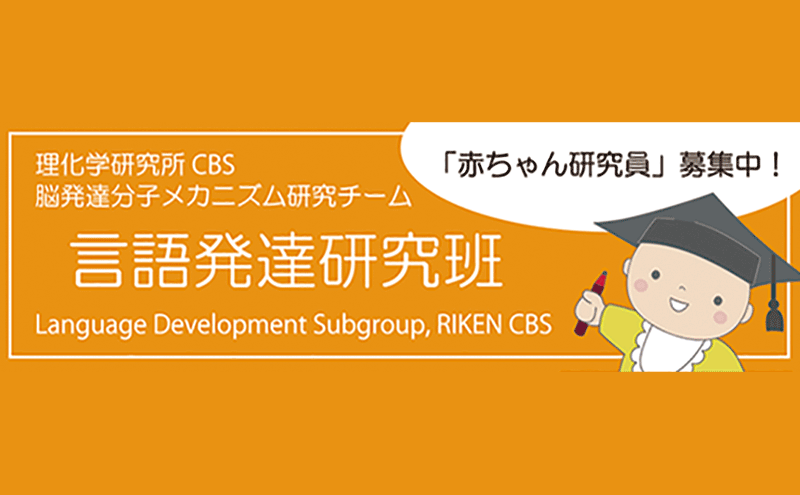
We are delighted to announce that as of April 2023 our laboratory name has changed from “Laboratory for Language Development, RIKEN CBS” to “Language Development Subgroup of Laboratory for Molecular Mechanism of Brain Development, RIKEN CBS”. We thank you for your continued support.


